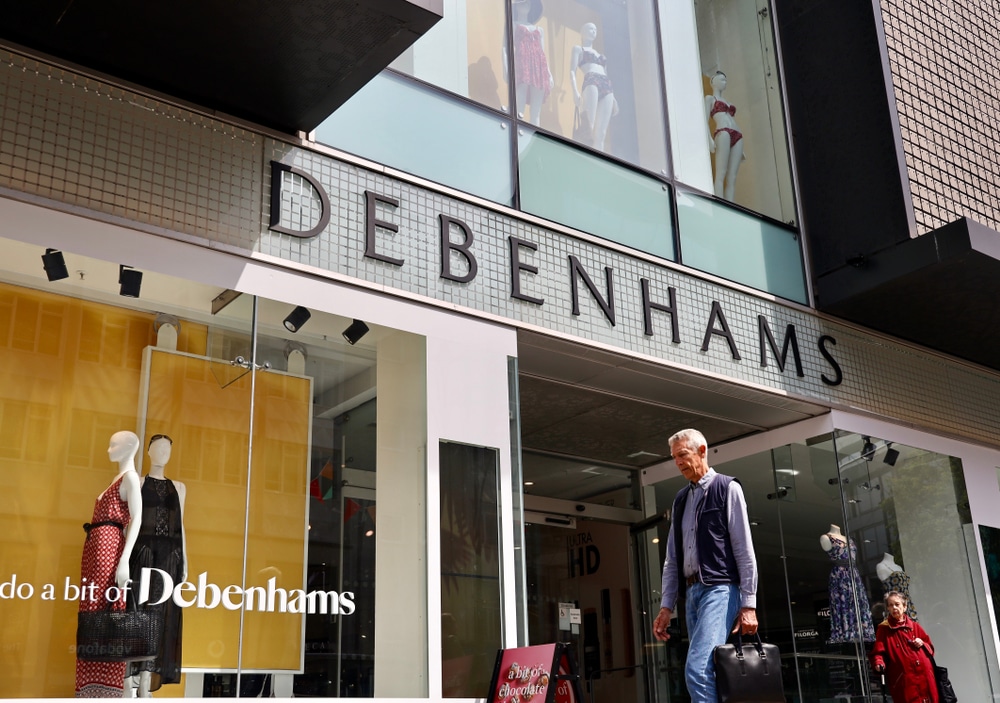Debenhams Group has recently announced a significant financial maneuver by securing a three-year facility of up to £175 million from its previous owner, TPG. This injection of capital is positioned as a critical component in the group’s initiative to enhance its financial flexibility while executing a new multi-year turnaround strategy. The financing highlights the ongoing transformation within the retail giant, which also oversees popular fashion brands like Boohoo and PrettyLittleThing.
Financial Insights and Future Strategies
The latest refinancing replaces an existing £125 million revolving credit facility that was due to mature in October 2026, extending the maturity to August 2028. The interest on the new facility is set at the Bank of England’s base rate plus 7.3%, which reflects current market conditions and lending standards. This step is a strategic response to evolving market demands and is intended to provide a solid foundation for the brand’s future endeavors.
Dan Finley, the CEO of Debenhams Group, emphasized that the agreement with “strong lenders” aligns seamlessly with the organization’s renewed strategy. He remarked that this action follows a meticulous assessment of the financial landscape, aimed at “supercharging Debenhams” while revitalizing its youth fashion brands. This commitment to a thorough review signifies an acute awareness of the competitive retail environment and a strategic approach to navigate it successfully.
Challenges and Controversies
However, Debenhams Group has not been without its challenges. Earlier this month, Frasers Group, a significant stakeholder, called for the suspension of executive vice-chair Mahmud Kamani. This demand arose amid allegations related to loans made to suppliers, bringing scrutiny to the internal management of the group. Frasers’ actions underscore the complex dynamics that often accompany financial reorganizations, where stakeholder interests and corporate governance must be delicately balanced.
The situation raises questions about the long-term stability and operational integrity of the Debenhams Group. A probe into Kamani’s conduct has been requested, indicating a clear need for transparency and accountability in the wake of potentially damaging allegations.
The Path Forward
As Debenhams embarks on this ambitious resurgence, the retail market remains vigilant. Successfully implementing this turnaround strategy will require not only financial backing but also a commitment to innovation and customer engagement in an ever-evolving fashion landscape. With the backing of TPG and strategic insights guiding the leadership team, the potential for revitalization lies within reach.
For fashion enthusiasts and stakeholders alike, these developments in the Debenhams Group serve as a comprehensive case study in financial restructuring and brand revitalization amidst contemporary retail challenges. The outcome of these efforts will likely influence the broader industry and set precedents for other brands navigating similar waters.
Image Source: Brookgardener / Shutterstock































